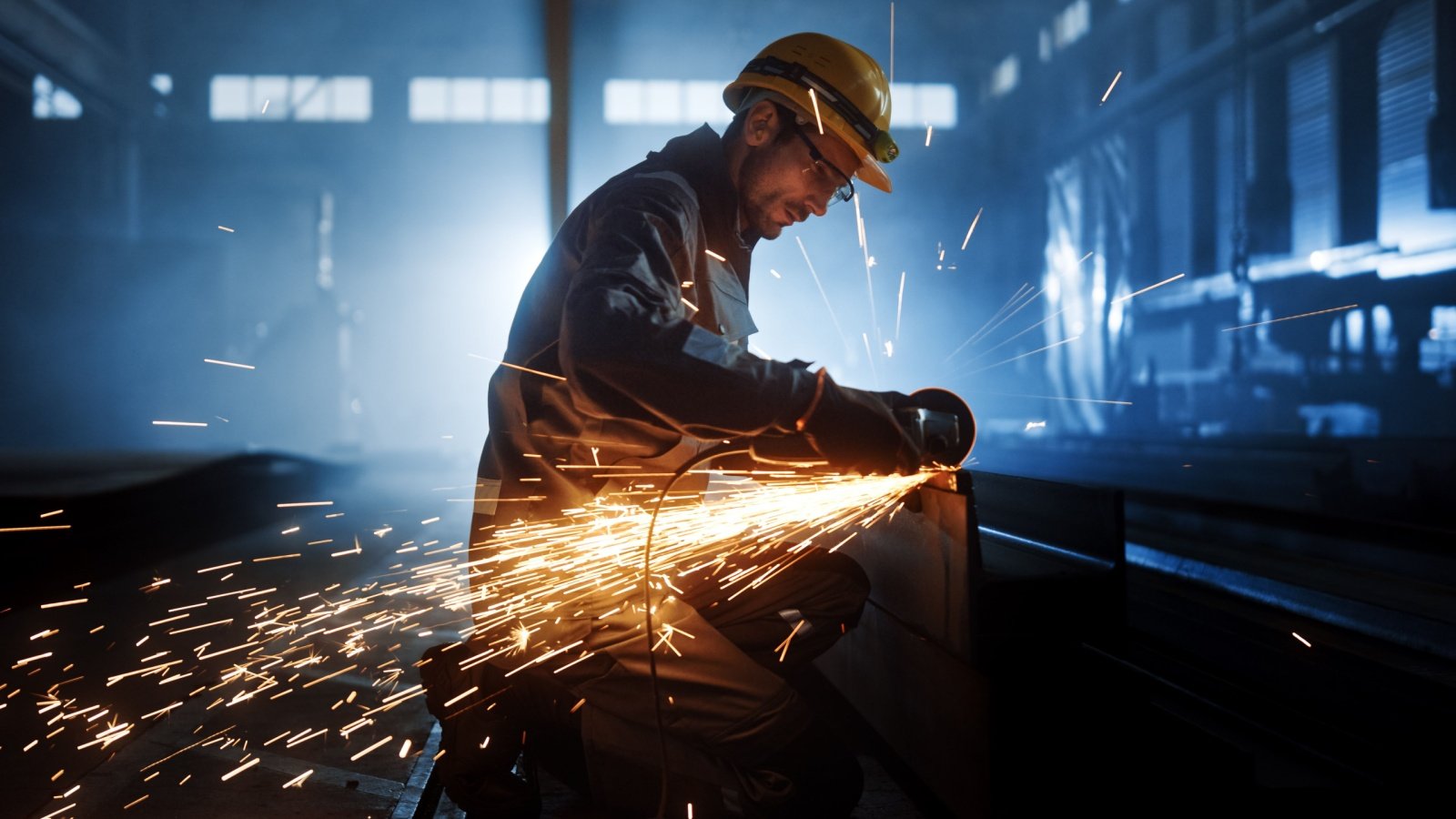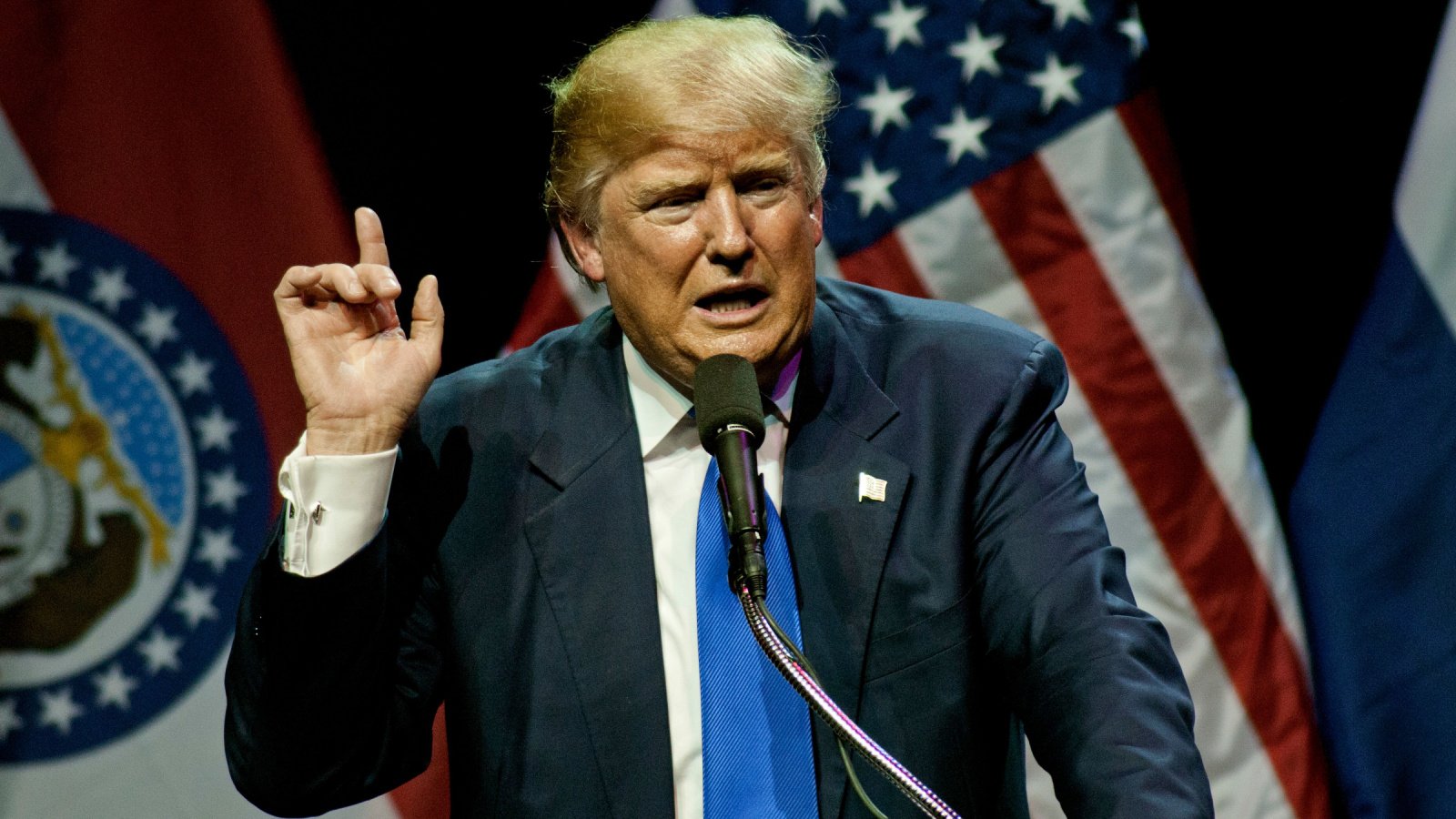Both President Joe Biden and former President Donald Trump agree that American steel manufacturing and production needs to remain a domestic force for practical, symbolic, and national security reasons.
National Icon
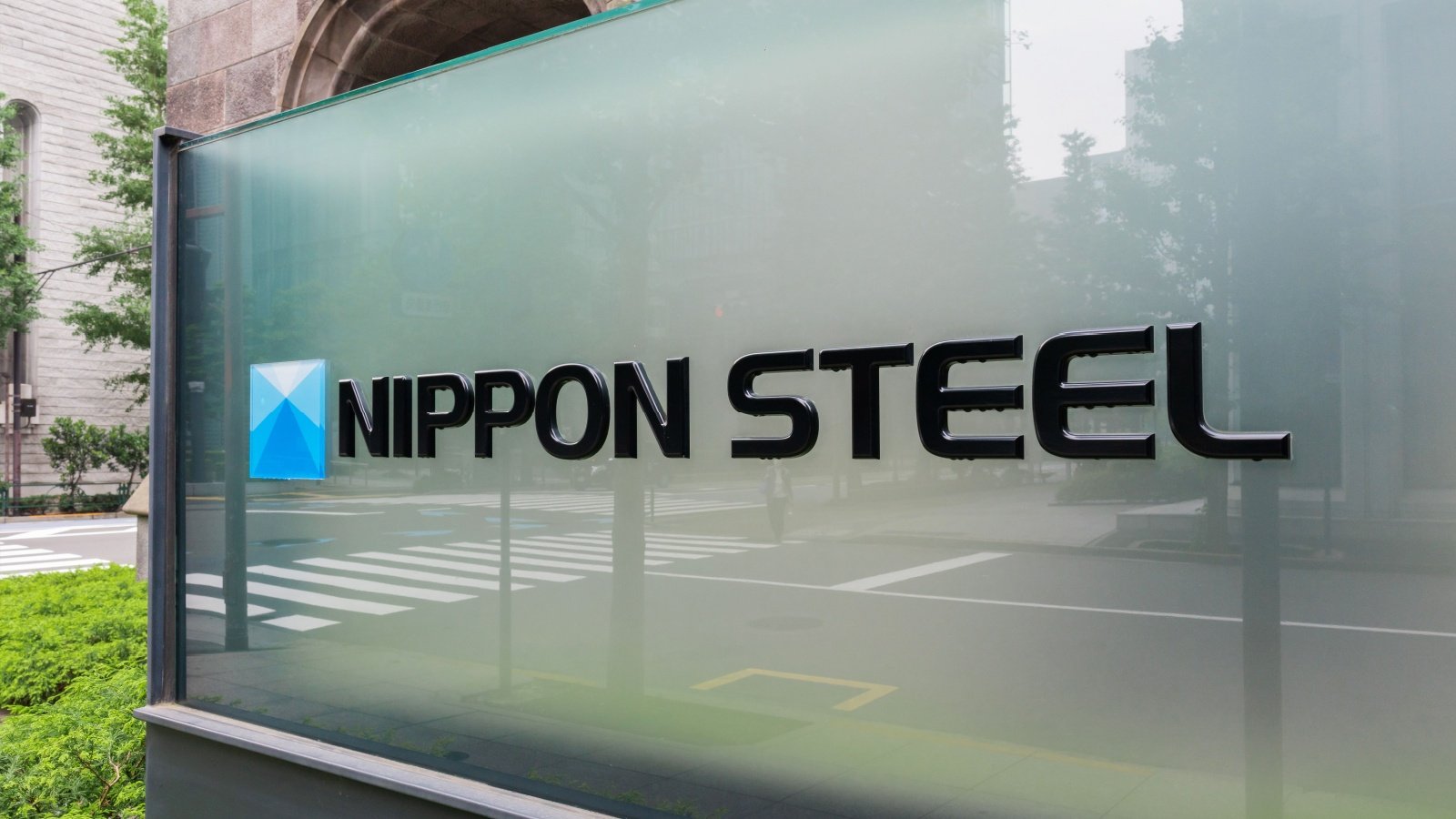
According to statista.com, there were about 143,000 employees in the U.S. iron and steel industry in 2021, with about 86,000 workers in iron and steel mills. President Biden recently stated his opposition to the acquisition of United States Steel Corporation by Tokyo-based Nippon Steel.
Bipartisan Position
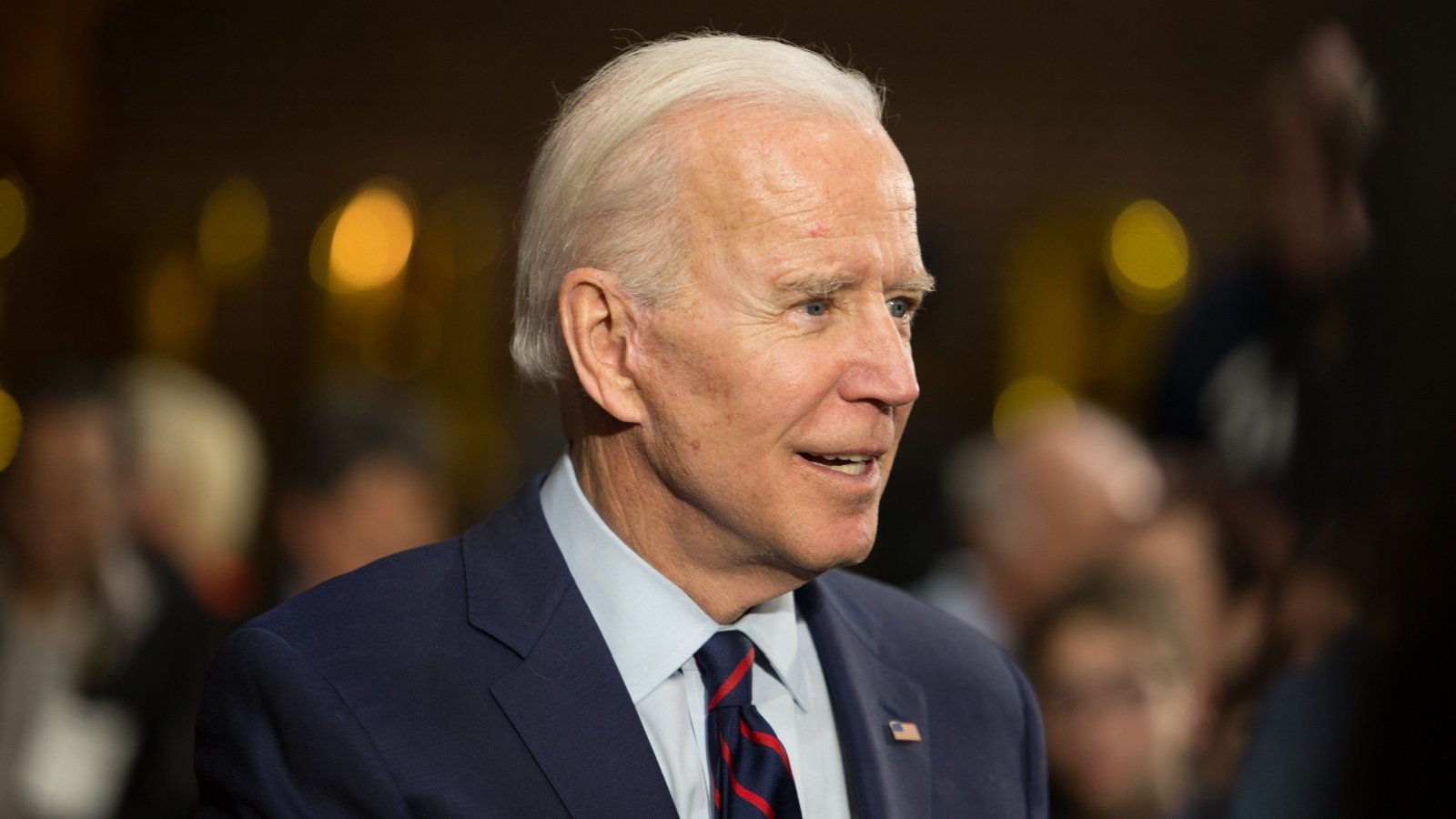
The administration’s position has been shaped by a diverse set of voices, including bipartisan lawmakers who have raised concerns over the implications of such a deal on national security.
The Opposition Front

Leading the charge against Nippon Steel’s $14.1 billion bid were Cleveland-Cliffs and the United Steelworkers union. Their concerted efforts underscored the potential risks associated with the takeover, including job losses and the erosion of the domestic steel industry’s competitiveness.
Trump and Biden’s United Front

Interestingly, the opposition to the Nippon Steel deal has brought together political rivals, with both former President Donald Trump and President Biden courting steelworkers. Their shared opposition reflects the broader political implications of the deal, especially in the run-up to the upcoming elections.
The Role of Cleveland-Cliffs

Cleveland-Cliffs, having shown interest in acquiring U.S. Steel previously, emerged as a key player in rallying opposition against the Nippon Steel bid. Under the leadership of CEO Lourenco Goncalves, the company engaged with lawmakers and forged an alliance with the United Steelworkers, highlighting concerns over potential job losses.
National Security Concerns

The bid by Nippon Steel prompted a significant number of Republican and Democratic lawmakers to urge the Biden administration to block the deal on national security grounds. This collective stance reflects the deal’s perceived threats to the integrity and sovereignty of the U.S. steel industry.
Biden’s Advocacy for American Ownership
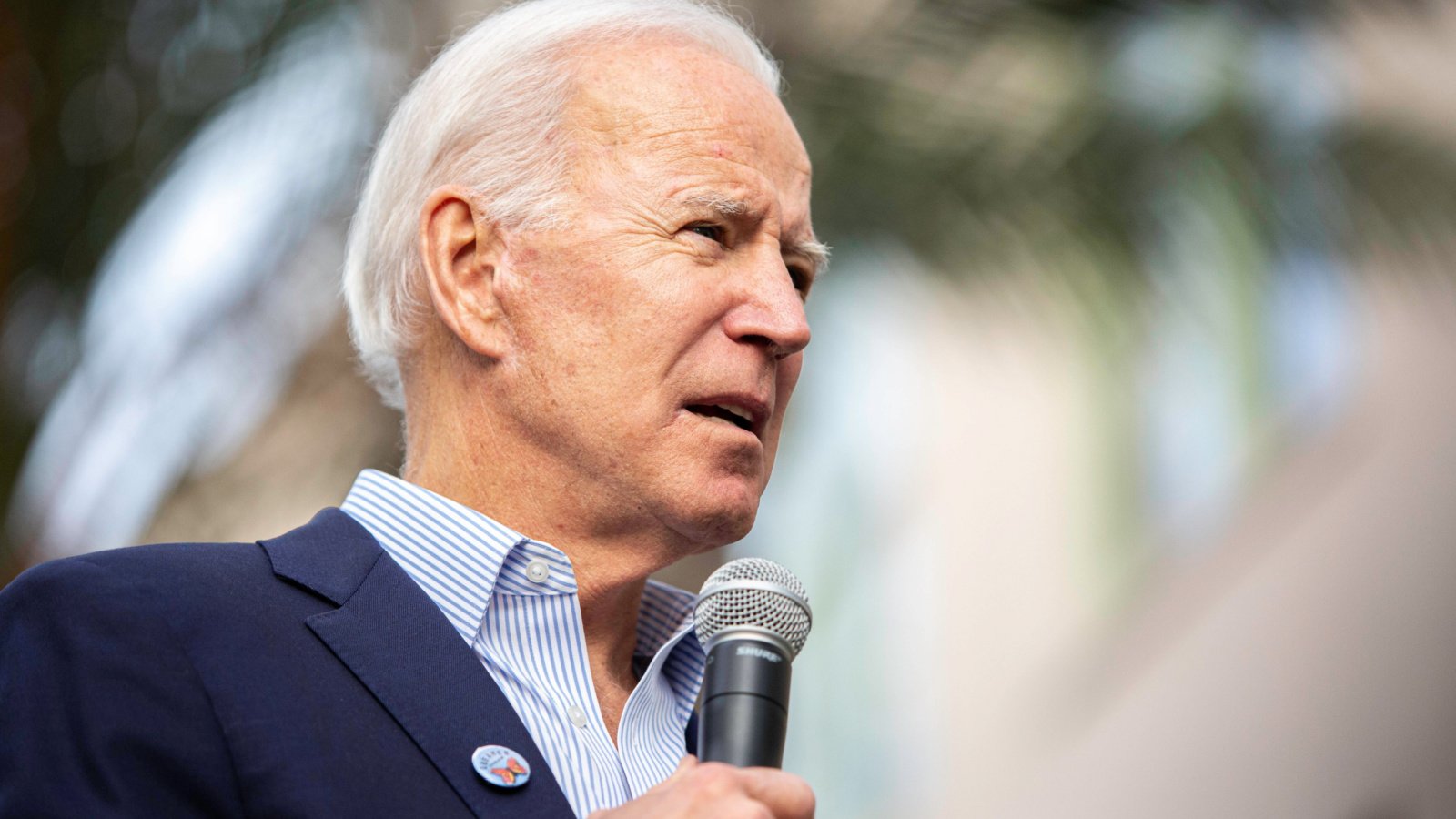
President Biden emphasized the importance of U.S. Steel remaining an American company, domestically owned and operated. His statement reflects a broader commitment to preserving the heritage and strategic value of the American steel industry. Nippon Steel is a Tokyo, Japan based company.
The Political Dynamics

The opposition to Nippon Steel’s acquisition has become a focal point in the broader political landscape, with both major parties highlighting their support for the steelworkers. The issue has become a symbol of the ongoing struggle to maintain American manufacturing jobs and protect industries critical to national security.
Lobbying and Backroom Negotiations
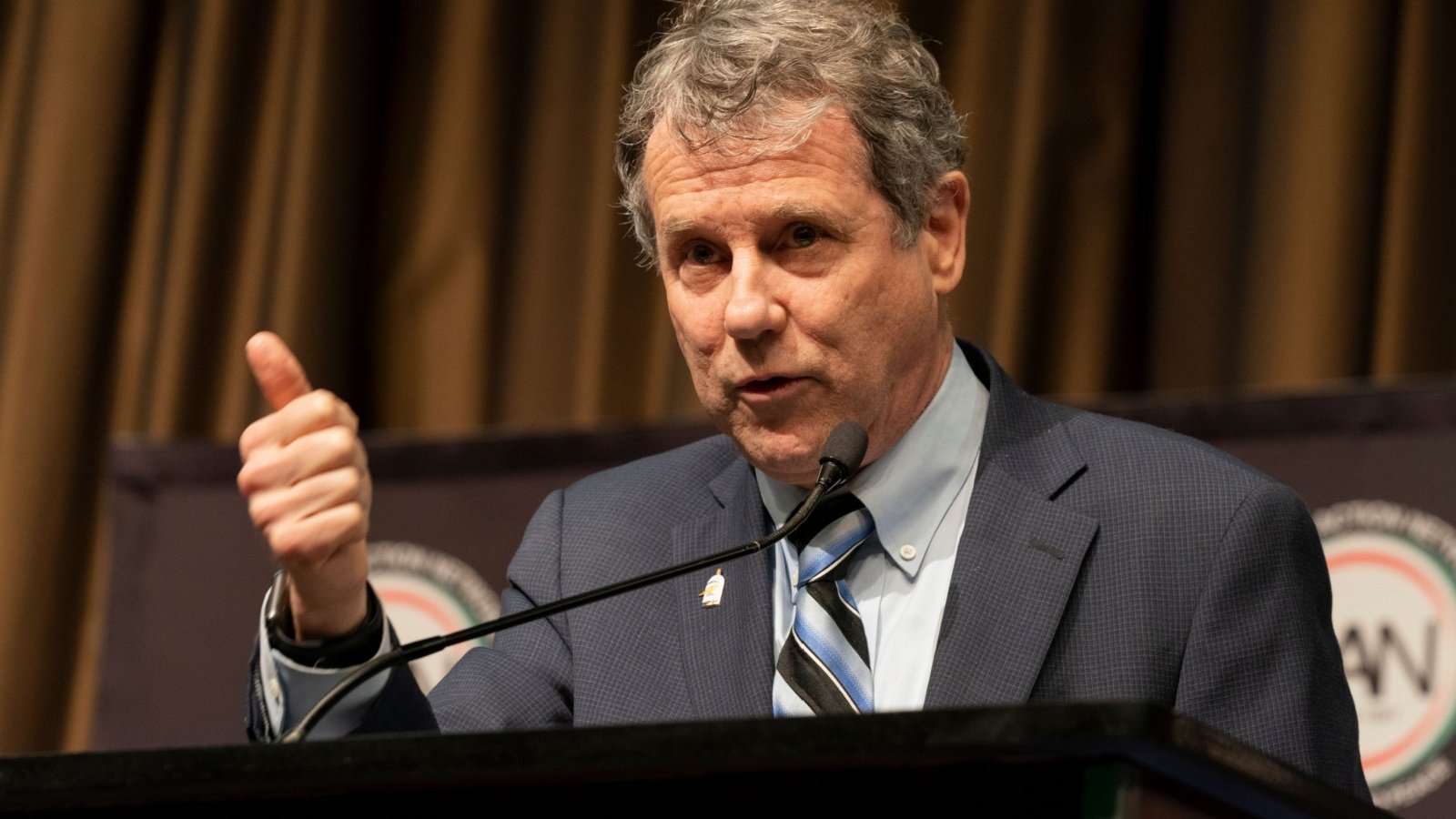
Cleveland-Cliffs’ active lobbying efforts, combined with the support from the United Steelworkers, have played a crucial role in shaping the narrative against the deal. These efforts have highlighted the potential adverse effects on workers and communities reliant on the steel industry.
The U.S.-Japan Alliance and Industrial Strategy

Despite the opposition, the deal with Nippon Steel was initially seen as beneficial for strengthening the U.S.-Japan alliance, promising investments in technology and production. The acquisition was poised to position the U.S. steel industry more competitively on the global stage, especially against Chinese dominance.
The Unwavering Opposition
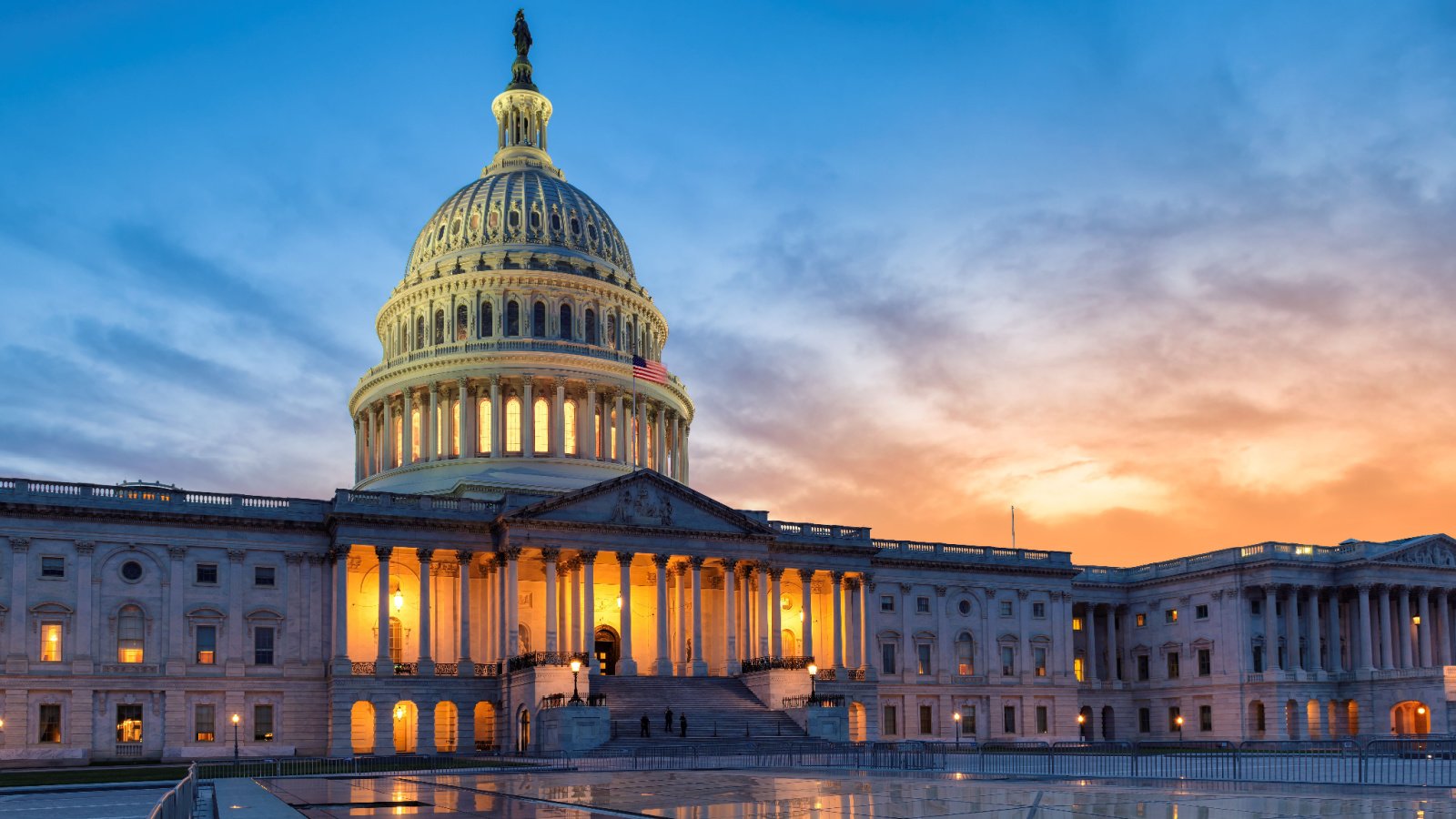
Amidst the lobbying and political maneuvering, Cleveland-Cliffs and the United Steelworkers have maintained a steadfast opposition, citing concerns over job security and the long-term viability of the U.S. steel industry. Their campaign reflects broader anxieties about the future of manufacturing and labor in America.
Nippon Steel’s Countermove

In response to the mounting opposition, Nippon Steel has embarked on a robust lobbying campaign, emphasizing the deal’s potential benefits for the U.S. economy, labor market, and national security. The company’s efforts to win over critics underscore the high stakes involved in the acquisition.
Investor Skepticism

Despite the proposed benefits of the deal, some investors remain skeptical, with U.S. Steel’s share price lagging behind the offer price. This gap reflects underlying uncertainties about the deal’s feasibility and the broader impacts on the steel industry.
The Historical Context

The controversy surrounding the Nippon Steel bid is set against the backdrop of U.S. Steel’s storied history, from its founding in the early 20th century to its role in shaping the American industrial landscape. The debate touches on themes of tradition, innovation, and the future of American manufacturing.
The Path Forward

As discussions continue, the fate of the Nippon Steel deal remains uncertain. The outcome will likely have significant implications for the U.S. steel industry, its workforce, and the broader economic relationship between the United States and Japan. The controversy highlights the complex interplay between national security, labor rights, and global economic dynamics.



